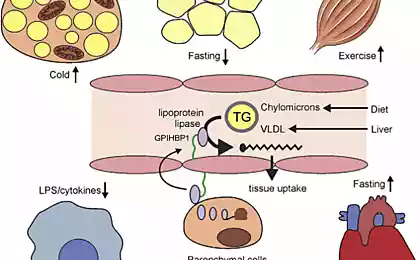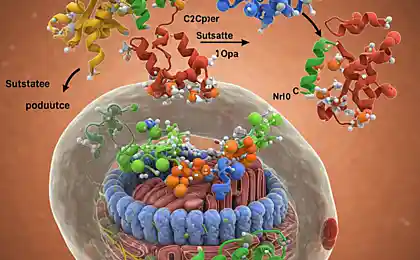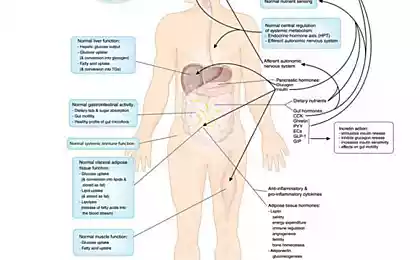167
14 Unobvious Factors Affecting Excess Weight

Excess weight is a problem faced by many people around the world. Often we associate it solely with malnutrition and lack of physical activity. However, there are many hidden reasons that can contribute to the set of extra pounds. Understanding these factors will help to fight excess weight more effectively and maintain a healthy lifestyle.

1. Lack of sleep
Chronic sleep deprivation affects appetite-regulating hormones such as ghrelin and leptin. Lack of sleep can lead to increased hunger and overeating.
2. Stress and Hormones
High stress levels increase cortisol levels, which can contribute to fat accumulation, especially in the abdomen.
3. Hormonal changes
Changes in the hormonal background associated with age, menopause, or thyroid disease can affect metabolism and promote weight gain.
4. Medications
Some medications, such as antidepressants, antipsychotics and steroids, can cause increased appetite and fluid retention.
5. Lack of vitamins and minerals
Deficiencies in vitamins and minerals, especially B vitamins, iron and magnesium, can slow metabolism and lower energy levels.
6. Dehydration
Insufficient water intake can slow metabolism and lead to the mistaken perception of thirst as hunger.
7. Skipping meals
Skipping breakfast or other meals can lead to overeating later in the day as the body tries to compensate for malnutrition.
8. Food allergies and intolerance
Intolerance to gluten, lactose or other foods can cause inflammatory processes that contribute to weight gain.
9. Genetics
Genetic factors can affect the propensity to store fat, metabolic rate, and distribution of adipose tissue.
10. A sedentary way of life
The sedentary lifestyle characteristic of many modern professions reduces overall energy expenditure and promotes weight gain.
11. Psychological habits
Emotional overeating, stress eating, and other psychological factors can lead to excessive calorie intake.
12. Social environment
The influence of friends, family, and colleagues can influence eating habits and levels of physical activity, contributing to weight gain.
13. Age.
With age, metabolism slows down and muscle mass decreases, which can lead to an increase in adipose tissue.
14. Conditions of Life
Environmental factors, such as the availability of healthy foods, pollution levels, and conditions for physical activity, can affect weight.
Conclusion: Understanding the hidden causes of excess weight allows us to develop more effective strategies for controlling it. It is important to consider all aspects of health and lifestyle to achieve sustainable outcomes and improve overall well-being.
Eight Effective Psychological Techniques for Combating Anxiety
The Three Laws of the Universe That Work: Your Path to a New Level of Life























